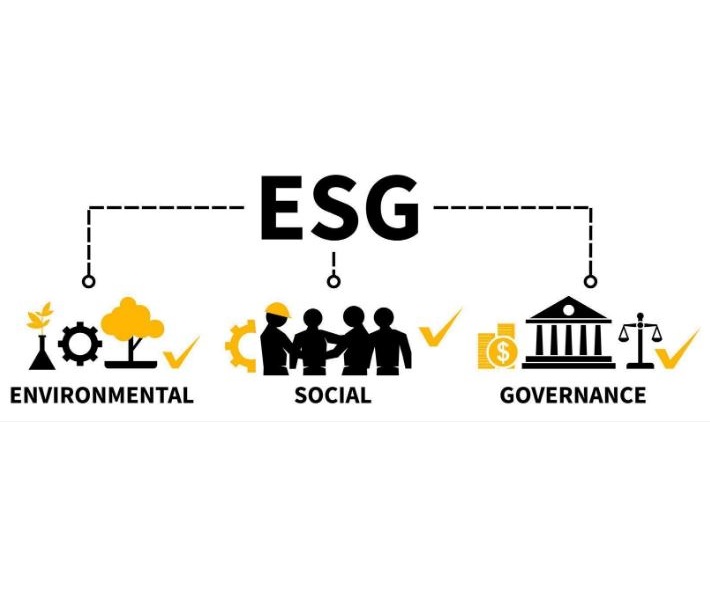
The Importance of Environmental, Social, and Governance Practices
The Importance of Environmental, Social, and Governance Practices As a leading company in the mechanical installation sector, REXME Mechanical Installation is focused on adopting a
ESG is a concept that indicates the importance that companies place on sustainability and ethical issues, which are expressed as environmental, social, and governance criteria. These criteria help investors and other stakeholders to obtain information about a company’s long-term success and risk management. ESG assessments aim to increase transparency by providing reliable and consistent information about companies’ environmental, social, and governance practices.
Environmental criteria evaluate how companies affect natural resources and ecosystems. These criteria cover issues such as energy use, waste management, air and water pollution, greenhouse gas emissions, and biodiversity. Companies that adopt policies aimed at sustainable energy and the preservation of natural resources are important for reducing environmental risks and achieving sustainable development goals.
Social criteria examine companies’ relationships with their employees, suppliers, customers, and local communities. These criteria include issues such as good working conditions, workers’ rights, equality and diversity, human rights, consumer safety, and contributions to the quality of life of communities. Companies that act with social responsibility contribute to a sustainable and ethical economy.
Governance criteria are related to companies’ governance structures, policies, and practices. These criteria include issues such as transparent management, stakeholder participation in decision-making processes, compliance with ethical values, executive compensation, and audit mechanisms. Good governance practices help increase companies’ accountability and assist in managing risks and preserving corporate reputation.
ESG assessments are an important tool for measuring and improving sustainability performance. Investors can make sustainable and ethical investments by targeting companies that comply with ESG criteria. This encourages companies to make positive contributions to the environment and society, while increasing their potential for creating long-term value.
In addition, regulators and policymakers can ensure companies’ compliance with sustainability and social responsibility regulations by incorporating ESG criteria into their compliance and reporting requirements. This helps companies achieve their sustainability goals while supporting important developments for the general welfare of society and ecosystem health.

The Importance of Environmental, Social, and Governance Practices As a leading company in the mechanical installation sector, REXME Mechanical Installation is focused on adopting a